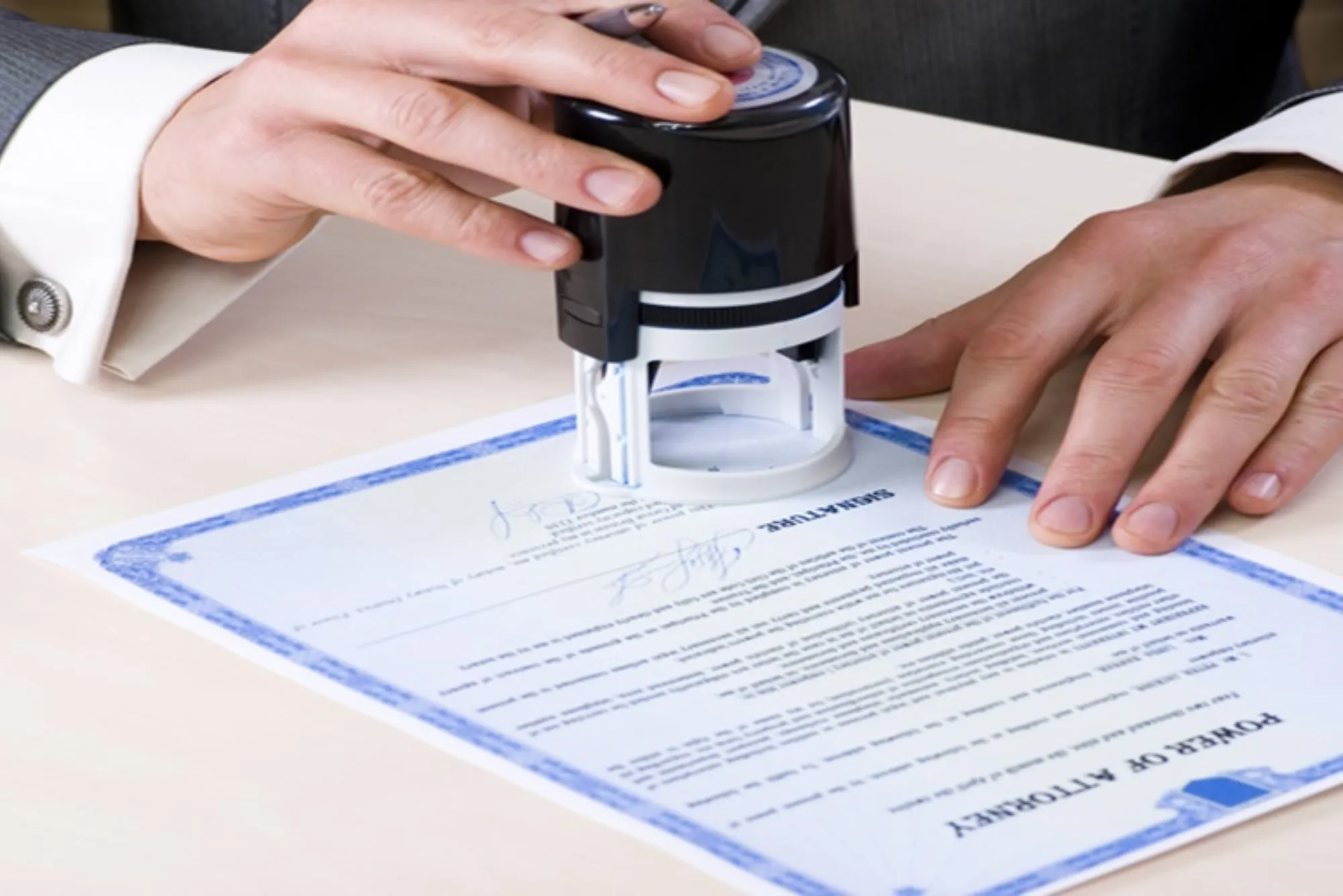In the hospitality industry, the quality of linens can significantly impact guest satisfaction. From crisp bed sheets to plush towels, the linens used in hotels play a critical role in creating a comfortable and luxurious experience. But how do hotel linen suppliers ensure that their products meet the high standards demanded by hotels worldwide? This article dives into the intricate processes that hotel linens wholesale providers employ to maintain exceptional quality control, ensuring durability, comfort, and compliance with industry standards.
The Importance of Quality Control in Hotel Linens
Quality control is the backbone of any reputable hotel linen supplier. Guests expect linens that are soft, clean, durable, and aesthetically pleasing. Poor-quality linens can lead to discomfort, dissatisfaction, and negative reviews, which can harm a hotel’s reputation. For this reason, hotel linen suppliers invest heavily in quality control measures to ensure their products meet the expectations of both hoteliers and their guests.
Quality control in the linen industry goes beyond just checking for defects. It involves a comprehensive approach that includes selecting the right materials, adhering to manufacturing standards, conducting rigorous testing, and ensuring compliance with safety and environmental regulations. Let’s explore the key steps that hotel linens wholesale providers take to achieve this.
Sourcing High-Quality Materials
Choosing the Right Fabrics
The foundation of high-quality hotel linens lies in the materials used. Most hotel linens are made from cotton or cotton blends due to their softness, breathability, and durability. However, not all cotton is created equal. Top-tier hotel linen suppliers carefully select high-grade cotton, such as Egyptian or Pima cotton, known for their long fibers, which contribute to stronger, softer, and more durable fabrics.
Suppliers also consider the weave and thread count. For example, percale weaves are crisp and lightweight, ideal for bed sheets, while sateen weaves offer a silky, luxurious feel. Thread count, often misunderstood, is carefully balanced to ensure comfort without compromising durability. Suppliers avoid excessively high thread counts that may feel heavy or trap heat, focusing instead on an optimal range (typically 200–400 for hotel linens) that balances softness and longevity.
Sustainable and Ethical Sourcing
Sustainability is increasingly important in the hospitality industry. Reputable hotel linens wholesale providers prioritize eco-friendly materials, such as organic cotton or recycled polyester blends, to meet the growing demand for sustainable products. They also work with certified suppliers who adhere to ethical labor practices, ensuring that the sourcing process aligns with global standards like Fair Trade or the Global Organic Textile Standard (GOTS).
By carefully vetting their raw material suppliers, wholesalers ensure that the linens they produce are not only high in quality but also environmentally and socially responsible.
Manufacturing Standards and Processes
Precision in Production
Once high-quality materials are sourced, the manufacturing process begins. This stage is critical for transforming raw materials into finished linens that meet the rigorous demands of the hospitality industry. Hotel linen suppliers employ advanced manufacturing techniques to ensure consistency and precision.
For example, automated cutting and sewing machines are used to create uniform products, reducing the risk of irregularities like uneven hems or loose threads. Skilled artisans may also be involved in certain stages, particularly for high-end linens that require intricate detailing or custom embroidery. Throughout the production process, quality checks are conducted at multiple stages to identify and address any issues before the linens reach the final stage.
Adhering to Industry Standards
To cater to the hospitality industry, hotel linens wholesale providers must comply with strict industry standards. These include guidelines set by organizations like the International Organization for Standardization (ISO) and the American Society for Testing and Materials (ASTM). For example, linens must meet specific requirements for tensile strength, colorfastness, and resistance to pilling to ensure they can withstand frequent laundering and heavy use.
Compliance with fire safety regulations is another critical aspect. Hotel linens must often meet standards like NFPA 701 (National Fire Protection Association) to ensure they are flame-resistant, protecting guests and properties in case of emergencies.
Rigorous Testing for Durability and Comfort
In-House Testing Protocols
Before linens are shipped to hotels, they undergo extensive testing to ensure they meet quality benchmarks. Hotel linen suppliers conduct a range of tests to evaluate durability, comfort, and performance. Some common tests include:
Tensile Strength Testing: This measures the fabric’s ability to withstand pulling or stretching forces, ensuring the linens can endure frequent washing and heavy use.
Colorfastness Testing: Linens are tested to ensure that their colors remain vibrant and do not fade or bleed after repeated laundering.
Pilling Resistance Testing: This evaluates whether the fabric forms small balls or “pills” over time, which can affect both appearance and comfort.
Shrinkage Testing: Linens are washed and dried under controlled conditions to ensure they maintain their size and shape.
These tests are typically conducted in state-of-the-art laboratories equipped with specialized equipment. By simulating real-world conditions, suppliers can guarantee that their linens will perform well in a hotel environment.
Third-Party Certifications
To further validate their quality, many hotel linens wholesale providers seek third-party certifications. For example, OEKO-TEX Standard 100 certification ensures that the linens are free from harmful chemicals and safe for guest use. Similarly, certifications like ISO 9001 demonstrate a supplier’s commitment to consistent quality management practices.
Third-party testing adds an extra layer of credibility, giving hoteliers confidence that the linens they purchase will meet or exceed industry expectations.
Quality Control During and After Production
In-Line Quality Checks
Quality control doesn’t stop at the testing phase. During production, hotel linen suppliers implement in-line quality checks to catch defects early. Trained inspectors examine linens at various stages of production, checking for issues like stitching errors, fabric imperfections, or inconsistent dyeing. This proactive approach minimizes the risk of defective products reaching the final stage.
Post-Production Inspections
Once the linens are complete, a final round of inspections is conducted before packaging and shipping. Random samples from each batch are thoroughly examined to ensure they meet all specifications, including size, weight, and appearance. Any linens that fail to meet these standards are either reworked or discarded, ensuring that only top-quality products are delivered to clients.
Feedback Loops with Clients
Reputable hotel linens wholesale providers maintain open communication with their clients to gather feedback on product performance. This feedback is invaluable for identifying areas for improvement and ensuring that future batches meet the specific needs of hotels. For example, if a hotel reports that towels are not absorbing water as expected, the supplier may adjust the material blend or manufacturing process to address the issue.
Ensuring Consistency Across Large Orders
Hotels often require large quantities of linens to maintain consistency across multiple rooms or properties. Hotel linen suppliers face the challenge of ensuring that every item in a large order meets the same high standards. To achieve this, they rely on standardized processes and advanced technology.
For example, computer-aided design (CAD) systems are used to create precise patterns, ensuring uniformity across thousands of linens. Batch tracking systems also allow suppliers to monitor the production process and trace any issues back to their source, ensuring consistency and accountability.
Meeting the Unique Needs of Hotels
Customization Options
Every hotel has unique needs, whether it’s a specific color scheme, custom embroidery, or specialized sizing. Hotel linens wholesale providers offer customization options to meet these requirements while maintaining quality. For example, a luxury hotel may request monogrammed towels or bed sheets in a specific shade to match its branding. Suppliers work closely with clients to ensure these customizations are executed flawlessly without compromising quality.
Balancing Cost and Quality
While quality is paramount, hotels also need cost-effective solutions. Hotel linen suppliers strike a balance by offering a range of products at different price points. For example, budget hotels may opt for durable polycotton blends, while luxury hotels may choose 100% Egyptian cotton linens. By offering tailored solutions, suppliers ensure that hotels of all types can access high-quality linens within their budget.
The Role of Technology in Quality Control
Advancements in technology have revolutionized quality control in the linen industry. Hotel linens wholesale providers leverage tools like automated inspection systems, which use cameras and sensors to detect defects with greater accuracy than human inspectors. These systems can identify issues like loose threads or uneven stitching in real time, improving efficiency and reducing waste.
Additionally, data analytics plays a growing role in quality control. By analyzing data from production and testing, suppliers can identify trends, predict potential issues, and continuously improve their processes. This data-driven approach ensures that quality remains consistent even as production scales.
Sustainability and Quality Control
Sustainability and quality go hand in hand for modern hotel linen suppliers. By using eco-friendly materials and processes, suppliers not only meet environmental standards but also enhance the durability and performance of their linens. For example, organic cotton linens are often more resistant to wear and tear, as they are grown without harsh chemicals that can weaken fibers.
Suppliers also implement sustainable manufacturing practices, such as water recycling and energy-efficient production, to reduce their environmental footprint. These efforts contribute to the overall quality of the linens by ensuring they are produced in a responsible and ethical manner.
Conclusion
The process of ensuring quality control in hotel linens is a complex and multifaceted endeavor. From sourcing premium materials to implementing rigorous testing and leveraging cutting-edge technology, hotel linen suppliers and hotel linens wholesale providers go to great lengths to deliver products that meet the high standards of the hospitality industry. By prioritizing durability, comfort, and sustainability, these suppliers help hotels create memorable guest experiences while maintaining operational efficiency.
For hoteliers, partnering with a reputable supplier who emphasizes quality control is essential for maintaining guest satisfaction and brand reputation. By understanding the intricate processes behind linen production, hotels can make informed decisions and choose suppliers that align with their values and needs.




